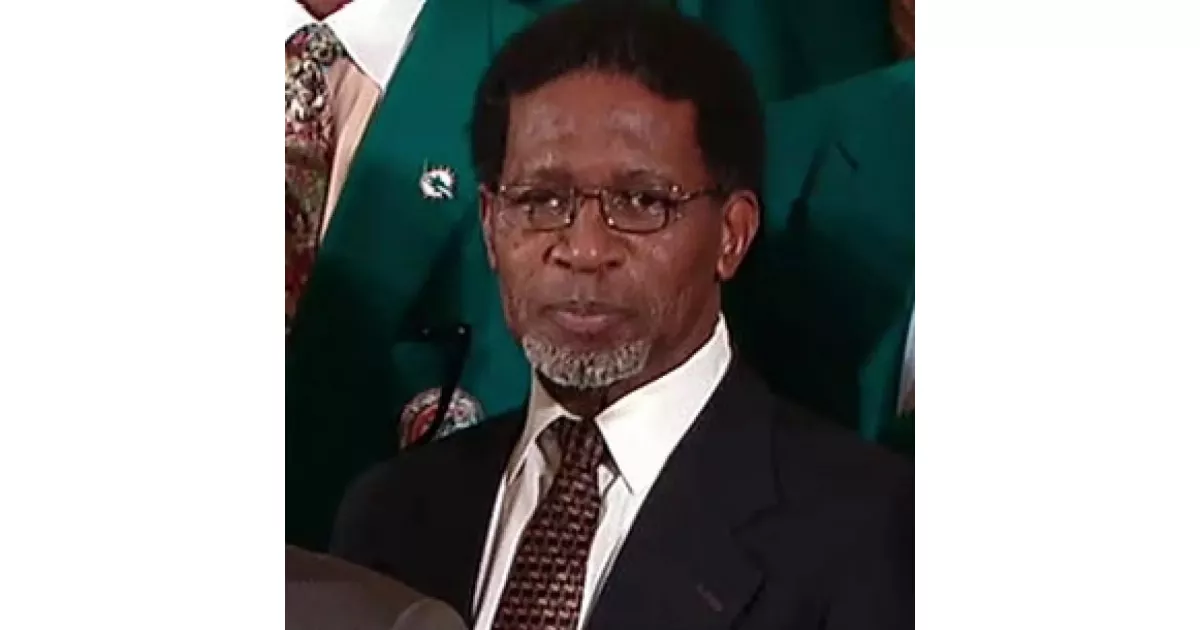Eugene Edward "Mercury" Morris was an American professional football player known for his speed and agility as a running back and kick returner. His eight-year career was primarily with the Miami Dolphins, beginning in the American Football League (AFL) in 1969 and continuing in the American Football Conference (AFC) after the AFL-NFL merger in 1970. He was a key player for the Dolphins during their dominant early 1970s era.
January 5, 1947: Birth of Mercury Morris
Mercury Morris was born on January 5, 1947.
1965: Start of College at West Texas State University
Mercury Morris began attending West Texas State University (now West Texas A&M University) in 1965.
1967: All-American Recognition and Rushing Success
Mercury Morris achieved All-American honors at tailback in 1967 and was the second leading rusher nationally behind O.J. Simpson.
1968: Record-Breaking Season for Mercury Morris
In 1968, Mercury Morris set collegiate records for single-game rushing yards (340), single-season rushing yards (1,571), and rushing yards over a three-year college career (3,388), although some of these records were later broken.
1968: Continued All-American Success
Mercury Morris received All-American honors again in 1968.
1969: Leading Kick Returner in the AFL
In 1969, Mercury Morris led the AFL in kickoff returns and kickoff return yardage.
1969: Mercury Morris's Rookie Season in the AFL
Mercury Morris began his professional football career in 1969 as a rookie in the American Football League (AFL).
1969: Graduation from West Texas State University
Mercury Morris graduated from West Texas State University (now West Texas A&M University) in 1969.
1969: Drafted by the Miami Dolphins
The Miami Dolphins selected Mercury Morris in the third round of the 1969 AFL-NFL Common Draft.
1970: High Rushing Average Despite Injury
Despite a leg injury in 1970, Mercury Morris achieved the highest yards-per-carry average in the league among players with a minimum of 50 runs.
1970: AFL-NFL Merger
The American Football League (AFL) merged with the National Football League (NFL) in 1970.
1971: First Super Bowl Appearance and Pro Bowl Selection
In 1971, Mercury Morris helped the Dolphins reach their first Super Bowl (Super Bowl VI) and earned his first Pro Bowl selection.
1971: Backup Role and Kick Returner for the Dolphins
Until 1971, Mercury Morris primarily served as a backup halfback and the Dolphins' primary kickoff return man.
1972: Super Bowl VII Victory and 1,000-Yard Rushing Season
In 1972, Mercury Morris won his first Super Bowl championship (Super Bowl VII) and achieved his first 1,000-yard rushing season, becoming part of the first 1,000-yard rushing tandem in NFL history with teammate Larry Csonka.
1972: Leading Rusher in Playoff Games
Mercury Morris was the Dolphins' leading rusher in both the divisional playoff game and the AFC Championship Game in 1972.
1973: Lingering Neck Injury
A neck injury sustained during a 1973 game against the Pittsburgh Steelers continued to affect Mercury Morris, contributing to his decision to retire later.
1973: Leading the NFL in Yards-Per-Carry
In 1973, despite a neck injury, Mercury Morris led the NFL in yards per carry.
1973: Continued Playoff Rushing Success
Mercury Morris maintained his playoff rushing success in 1973, leading the Dolphins in rushing yards in both the divisional playoff game and the AFC Championship Game.
1973: Super Bowl VIII Victory and Pro Bowl Selections
Mercury Morris won his second Super Bowl championship in 1973 (Super Bowl VIII) and was selected for the Pro Bowl in both 1972 and 1973.
1974: Knee Injury Limiting Playing Time
A knee injury sustained during the preseason significantly limited Mercury Morris's playing time in 1974.
1974: Film Debut in "The Black Six"
Mercury Morris co-starred in the film "The Black Six" in 1974.
1975: Leading Rusher for the Dolphins
In 1975, Mercury Morris was the Dolphins' leading rusher.
1976: Trade to the San Diego Chargers and Retirement
Mercury Morris was traded to the San Diego Chargers before the 1976 season and decided to retire after the season due in part to lingering injuries.
1982: Conviction and Later Release of Mercury Morris
In 1982, Mercury Morris was convicted on drug trafficking charges. However, his conviction was later overturned, leading to a plea deal and his release from prison.
1982: Cocaine Trafficking Conviction
Mercury Morris was convicted of cocaine trafficking in 1982 and sentenced to 20 years imprisonment.
March 6, 1986: Conviction Overturned
On March 6, 1986, Mercury Morris's cocaine trafficking conviction was overturned by the Florida Supreme Court.
May 23, 1986: Release from Prison
Mercury Morris was released from prison on May 23, 1986, after reaching a plea bargain.
2006: Television Commercial Appearance
Towards the end of 2006, Mercury Morris appeared in a television commercial for a hair-treatment clinic alongside Wade Boggs.
2017: Career Rankings and Legacy
As of 2017, Mercury Morris held impressive career rankings in the NFL, including a top-20 ranking for kickoff return average and being among the all-time leaders in yards per carry.
September 21, 2024: Death of Mercury Morris
Mercury Morris passed away on September 21, 2024.
Mentioned in this timeline
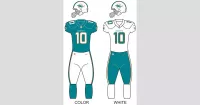
The Miami Dolphins are a professional American football team based...
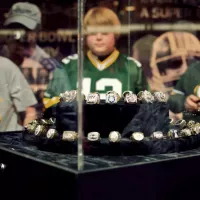
The Super Bowl is the annual championship game of the...

Football is a family of team sports primarily involving kicking...

Miami is a major coastal city located in Florida United...
Florida a state in the Southeastern United States is largely...

Pittsburgh is a city in southwestern Pennsylvania situated at the...
Trending
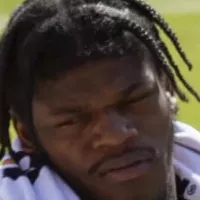
17 days ago Lamar Jackson's mother scolded him; Hamilton, Bateman to play against Bengals.

2 months ago Kyler Murray Exits Game Due to Foot Injury During Cardinals vs. Titans
2 months ago Jaguars entertain trade possibilities for WR Brian Thomas Jr. as Steelers seek receiver.
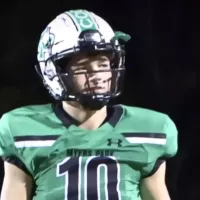
5 months ago Drake Maye and Wife Ann Michael Donate Wedding Gifts to Local Shelter

2 months ago Cowboys Rumored to Target Maxx Crosby in Potential Trade with Raiders.
Xavier Glenn Worthy is an American football wide receiver for the Kansas City Chiefs He played college football at the...
Popular

Candace Owens is an American conservative political commentator and author...

Ilhan Omar is an American politician currently serving as the...

XXXTentacion born Jahseh Dwayne Ricardo Onfroy was a controversial yet...

Tom Cotton is an American politician and Army veteran currently...

Kelsey Grammer is an accomplished American actor producer and singer...
The Kennedy Center Honors are annual awards recognizing individuals and...
